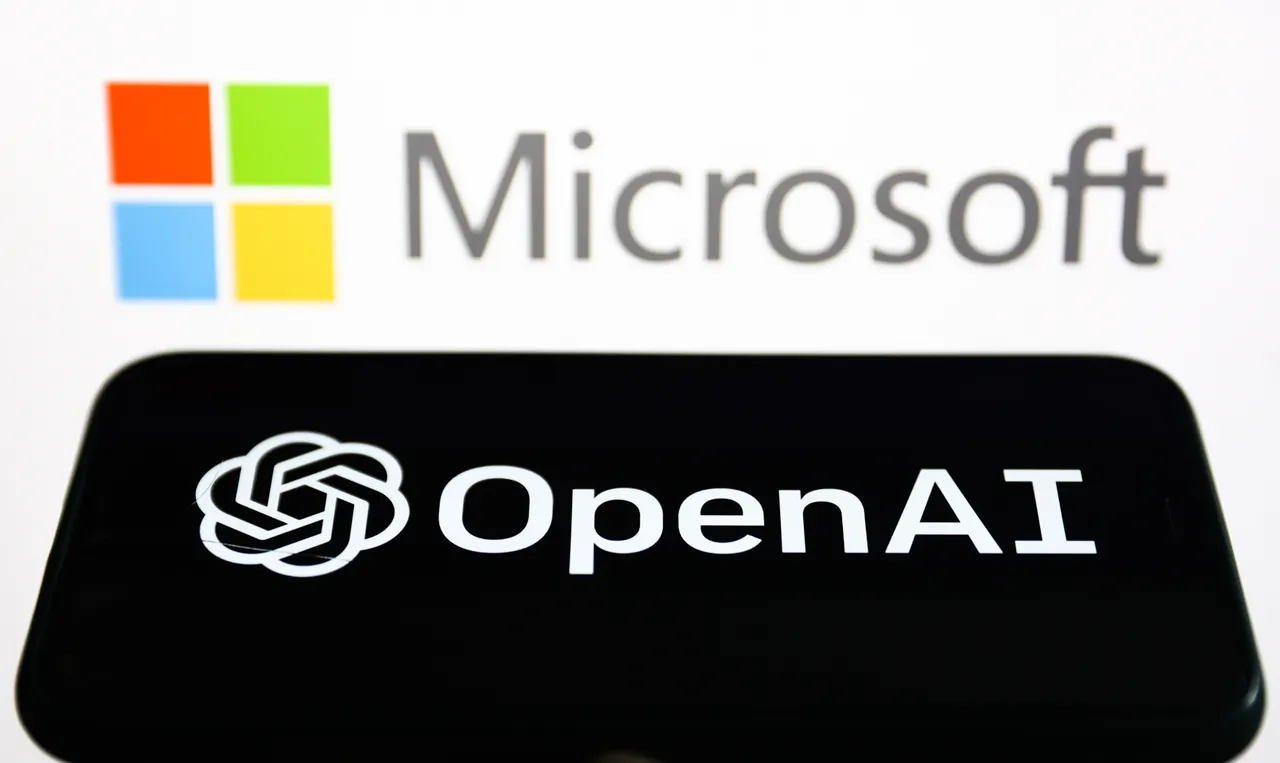OpenAI in High-Stakes Talks with Microsoft for New Funding After Raising $57.9 Billion
May 11, 2025
By The Tech Insider
OpenAI, the artificial intelligence powerhouse behind ChatGPT, is renegotiating its multibillion-dollar partnership with Microsoft to secure new funding and pave the way for a potential initial public offering (IPO). Having already raised $57.9 billion across multiple rounds, including a record-breaking $40 billion in April 2025, OpenAI is now valued at $300 billion, making it one of the world’s most valuable private companies. These talks, reported by the Financial Times on May 11, 2025, aim to restructure OpenAI’s corporate model while ensuring Microsoft’s continued access to cutting-edge AI technologies. However, tensions and strategic shifts are complicating the negotiations, raising questions about the future of this pivotal tech alliance.
A Blockbuster Funding History
OpenAI’s meteoric rise began with the 2022 launch of ChatGPT, which now boasts 500 million weekly active users and generates annualized revenue of $3.6 billion, projected to triple to $12.7 billion by year-end. The company has secured massive investments:
- 2019-2023: Microsoft invested over $13 billion, including a $1 billion initial commitment in 2019, followed by $10 billion in 2023, making it OpenAI’s largest backer and exclusive cloud provider via Azure.
- October 2024: A $6.6 billion round, led by Thrive Capital with Microsoft, Nvidia, and SoftBank, valued OpenAI at $157 billion.
- April 2025: A $40 billion round, led by SoftBank ($30 billion) and a $10 billion syndicate including Microsoft, Coatue, Altimeter, and Thrive, pushed the valuation to $300 billion—the largest private tech funding deal on record.
These funds have fueled OpenAI’s pursuit of artificial general intelligence (AGI), expanded its computational infrastructure, and supported projects like the $500 billion Stargate AI data center initiative with SoftBank and Oracle. Yet, the company’s reported $5 billion annual losses, driven by model training and staffing costs, underscore its need for continuous capital.
The Microsoft Negotiations: Equity and Access at Stake
The current talks with Microsoft focus on revising the terms of their partnership, first drafted in 2019. Key issues include:
- Equity Allocation: Microsoft, having invested over $13 billion, is negotiating how much equity it will hold in OpenAI’s new for-profit entity. The Financial Times reports Microsoft may relinquish some equity in exchange for access to AI technologies developed beyond the 2030 contract expiration.
- For-Profit Restructuring: OpenAI aims to transition from its hybrid nonprofit/for-profit model to a public benefit corporation (PBC), a structure adopted by rivals like Anthropic and xAI. This shift, critical for an IPO, requires Microsoft’s approval and faces legal challenges from co-founder Elon Musk, who argues it deviates from OpenAI’s nonprofit roots.
- Revenue Sharing: Posts on X suggest OpenAI is pushing to reduce Microsoft’s 20% revenue share to a single-digit royalty plus equity, aiming to exempt future products from the deal. This reflects CEO Sam Altman’s belief that the current terms are unsustainable as OpenAI projects revenues in the hundreds of billions by 2030.
Tensions have emerged as OpenAI seeks greater independence. A senior Microsoft employee cited by the Financial Times accused OpenAI of “arrogance” for seeking funds and compute power while sidelining Microsoft from strategic decisions. OpenAI’s $11.9 billion deal with CoreWeave for inference infrastructure and its Stargate partnership with Oracle and Crusoe signal a diversification away from Azure, straining the relationship.
Why It Matters
The negotiations are pivotal for both parties. For OpenAI, securing Microsoft’s support is crucial to fund its capital-intensive operations and maintain its lead in the generative AI market against competitors like Google, Anthropic, and DeepSeek. An IPO could further unlock billions, but failure to restructure by December 2025 could slash SoftBank’s investment from $40 billion to $20 billion, per Reuters. For Microsoft, the talks determine its access to OpenAI’s models, which power Azure, Bing, and Office products, and its ability to compete in the $1 trillion AI market.
Public sentiment on X reflects the stakes, with users speculating about OpenAI’s valuation and Microsoft’s leverage. One post noted, “OpenAI’s $300B valuation is wild, but Microsoft’s grip on compute gives them serious power in these talks.” Another highlighted the CoreWeave deal as “OpenAI flexing its muscles.”
What’s Next?
OpenAI’s restructuring faces hurdles beyond Microsoft, including approval from the California attorney general and potential antitrust scrutiny from the Federal Trade Commission, which is probing Microsoft’s AI investments. The outcome of these talks will shape OpenAI’s path to an IPO and its ability to deliver AGI, while testing Microsoft’s influence over its most critical AI partner. As one X user put it, “OpenAI and Microsoft need each other, but it’s a marriage of convenience now.”
Stay tuned for updates as negotiations progress.
Sources: Financial Times, Reuters, CNBC, The New York Times, and posts on X
Would you like me to dive deeper into the restructuring challenges, Microsoft’s strategic leverage, or the competitive AI landscape?
